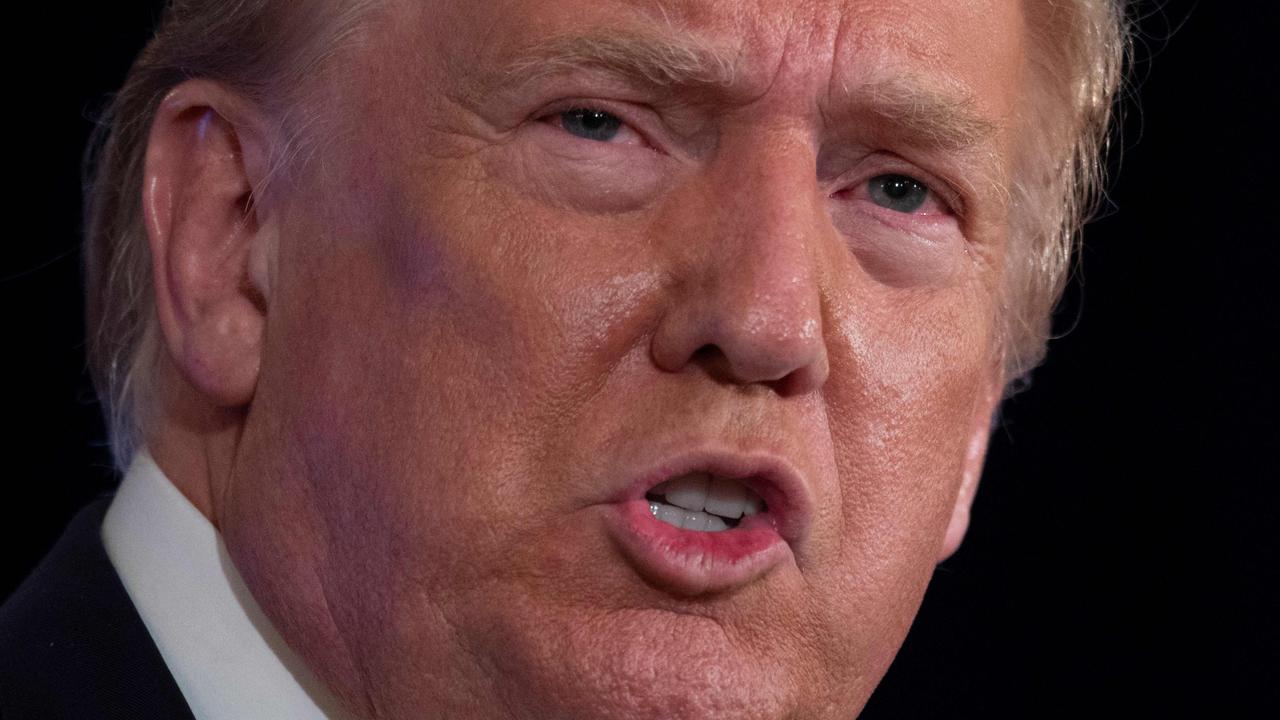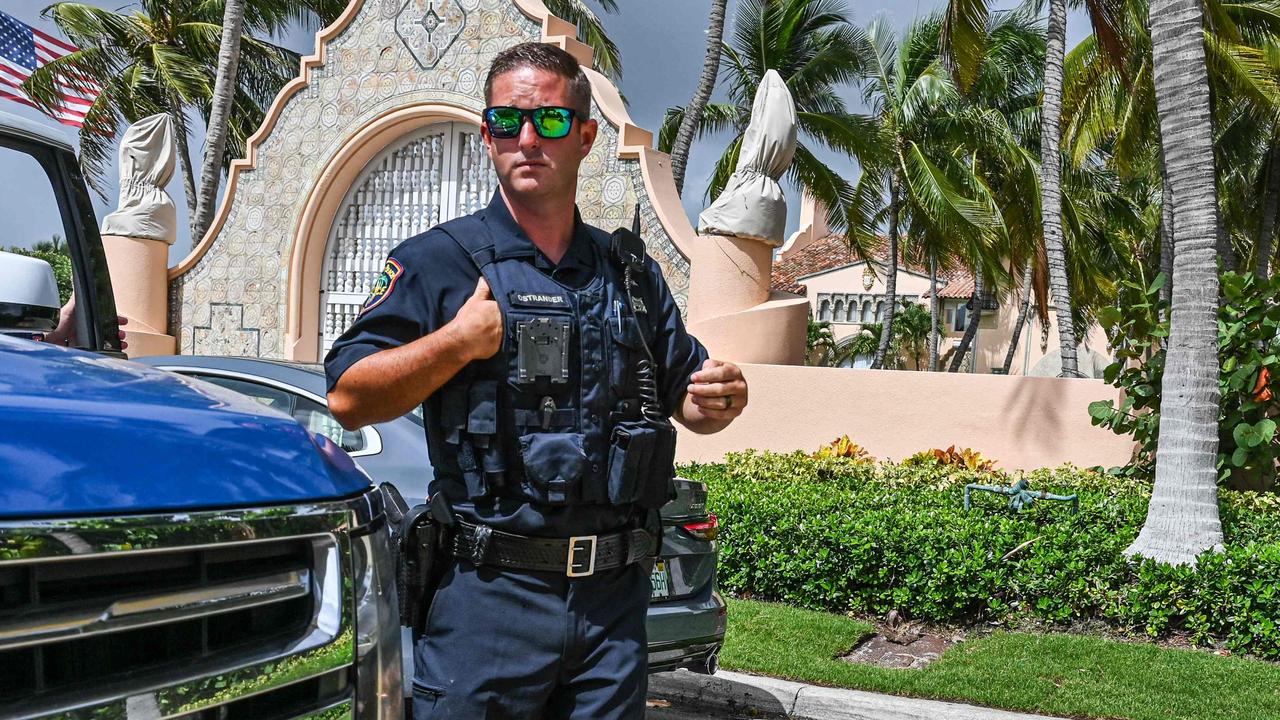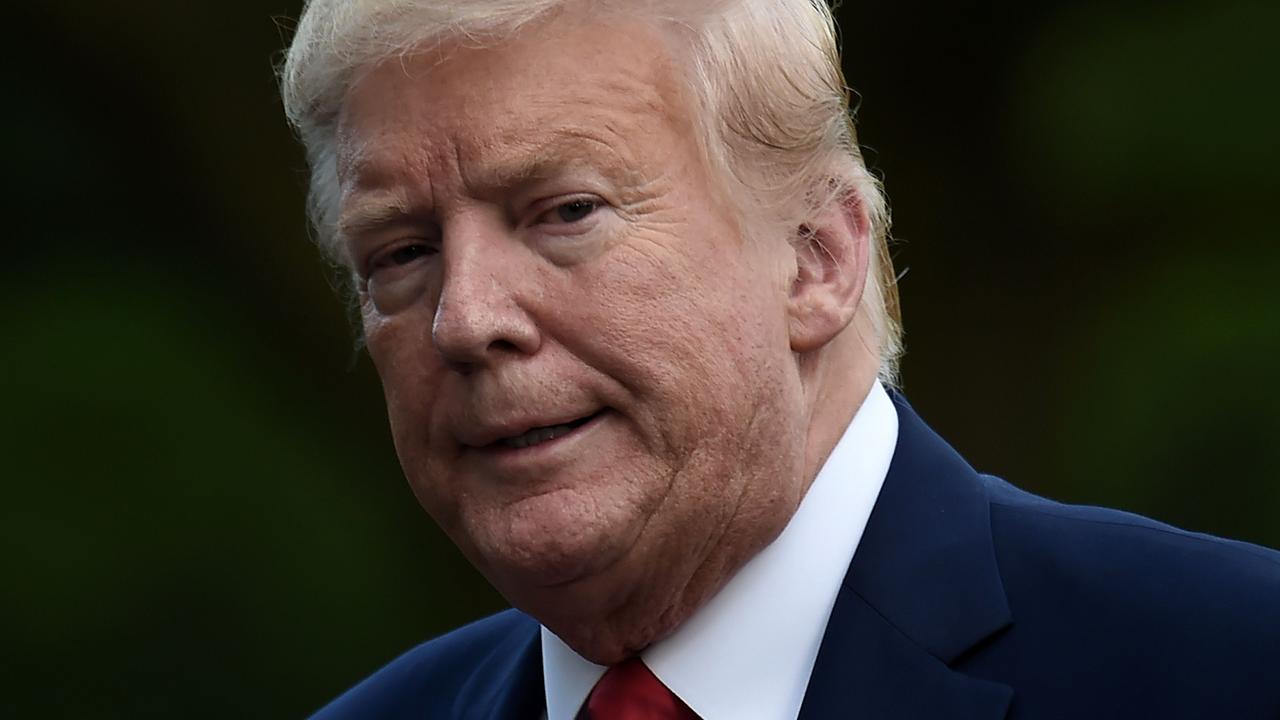One ominous question lingers after FBI’s raid of Donald Trump’s home
One colossal question still remains almost a week after the FBI searched Donald Trump’s home, and days after the warrant was unsealed.
One colossal question lingers almost a week after the FBI executed a search warrant at Donald Trump’s home in Florida, and it may remain unanswered for some time.
Were investigators gathering evidence with a view to indicting and prosecuting the former president, or someone in his orbit? Or were they merely seeking to recover sensitive national security documents, and nothing more?
The search warrant for Mar-a-Lago, signed by a federal judge and unsealed by the court on Friday, US time, listed three relevant statutes.
• 18 USC 2071 involves the improper concealment or removal of government documents.
• 18 USC 1519 concerns the alteration, mutilation, concealment, covering up or falsification of any document “with the intent to impede” or obstruct “proper administration”.
• 18 USC 793 deals with, among other things, national defence documents being “illegally removed” from their “proper place of custody”.
These statutes were included in the warrant because investigators believed their search of Mar-a-Lago would yield evidence of them being violated.
From a property receipt Mr Trump received after the raid, also unsealed on Friday, we know the FBI agents removed a series of documents they described as “confidential”, “secret” and “classified/TS/SCI”.
Those acronyms stand for “Top Secret” and “Sensitive Compartmentalised Information”, which is restricted to a small number of individuals with top security clearance and is usually stored in specially designed facilities.
Based on all of this, we can see the broad outline of a case prosecutors could try to build against Mr Trump: They might allege he was in illegal possession of sensitive government documents, and when alerted to that fact, failed to return them.
The question is, will they? Or having recovered the documents, will they now consider the matter dealt with and let it go?

Several days ago, former FBI special agent and current national security analyst Asha Rangappa weighed up that very question.
“The search warrant gets signed off, they go in, comb the place, remove all of the documents which may pose a threat to national security. Now what?” Ms Rangappa said.
“The threat has been neutralised. In other words, the goal – eliminate the threat – has been achieved through the means – a search warrant.
“Now, does the Department of Justice also need to punish Donald Trump? That’s a whole different ballgame.
“As many have pointed out, probable cause for a search warrant is [a lower standard] than beyond a reasonable doubt to convict, not to mention the hurdle of indicting and prosecuting a former president.
“Counterpoint: It looks really bad to go into Trump’s home (even if he was warned repeatedly that this is what would happen), execute a search, and then not charge him.
“This isn’t to say there wouldn’t be a basis to prosecute. But the need to do that is less pressing if the impetus for the search warrant in the first place is to eliminate the threat to national security and there was no other option.”

Ms Rangappa wrote that assessment before the warrant was unsealed. Overnight a former federal prosecutor, Renato Mariotti, pondered the government’s options at greater length in a piece for Politico.
“While it is possible the Department of Justice merely wanted to retrieve and secure the material that Trump refused to give back to the government, if they decide to press forward with charges, their case looks quite strong,” Mr Mariotti said.
He argued the government had initially “treated Trump with kid gloves” by first negotiating with him via the National Archives, then issuing a subpoena and meeting with his legal team at Mar-a-Lago.
“If you or I had some 21 boxes of potentially classified information in our home, the feds wouldn’t ask for it politely or even issue a subpoena. They would have taken possession of that material right away, and we would face serious charges,” he told readers.
“The DOJ’s decision to wait and only obtain a search warrant after they received information that Trump had not relinquished all of the material was likely motivated by deference to the former president.
“Ironically, this deference has likely strengthened a potential criminal prosecution.”
How so? Well, two of the statutes cited in the search warrant require prosecutors to prove “wilfulness”. That is to say, the accused must be proven to have knowingly and intentionally broken the law. In such a case, pleading ignorance can actually be an effective defence.

If the government repeatedly told Mr Trump he was retaining the documents illegally, and he failed to turn them over anyway, it will be difficult for him to claim that sort of ignorance.
“One strategy I used as a federal prosecutor was to have agents serve targets of investigations with a notice indicating that what they were doing was breaking the law,” Mr Mariotti wrote.
“If the target continued to violate the law after receiving the notice, we had the proof we needed. The DOJ’s repeated requests and demands to Trump and his team served the same purpose.
“It will be difficult for Trump to claim that he did not realise the records he kept were national security secrets that rightfully belonged to the government, given the government repeatedly told him so and demanded their return.
“Taking classified material and concealing it from the government is a crime that is regularly charged and straightforward to prove. Government employees are charged, convicted and sentenced to lengthy prison terms for doing what Trump [allegedly] did.”
Mr Mariotti cited the 2018 case of Nghia Hoang Pho, a former employee of the National Security Agency who was sentenced to more than five years in prison for illegally keeping highly classified national defence information at his home.
It should be noted that Mr Trump and his supporters have taken to claiming the documents in question here were not classified, because the former president “declassified” them when he took them to Mar-a-Lago.
The US president does have the unilateral power to declassify most documents, though we have yet to see any evidence it actually happened here.
And there’s another problem for Mr Trump: The statutes in the search warrant do not require the documents to be classified. It is enough for them to contain national defence information.
Put more simply, the potential allegation against Mr Trump is not that he had classified information, but that he kept sensitive government documents which did not belong to him, despite repeated requests to return them.
“Obviously, the underlying evidence against Trump is not yet public, but even based on the limited information we have, it looks like the DOJ has viable charges against him,” concluded Mr Mariotti.
“That doesn’t mean they will bring them. The main purpose of the search warrant was likely the recovery of classified material.
“I would not be surprised if the DOJ refuses to pursue charges, regardless of their strength.”






